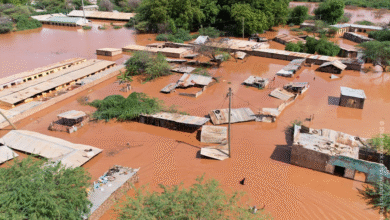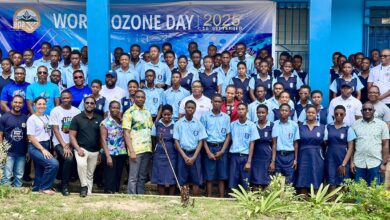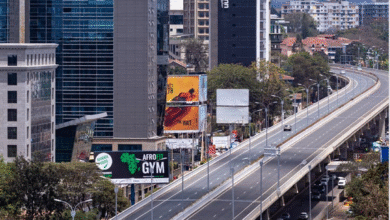Ghana Gets $70M Climate Resilience Boost to Protect Northern Communities, Boost Food Security
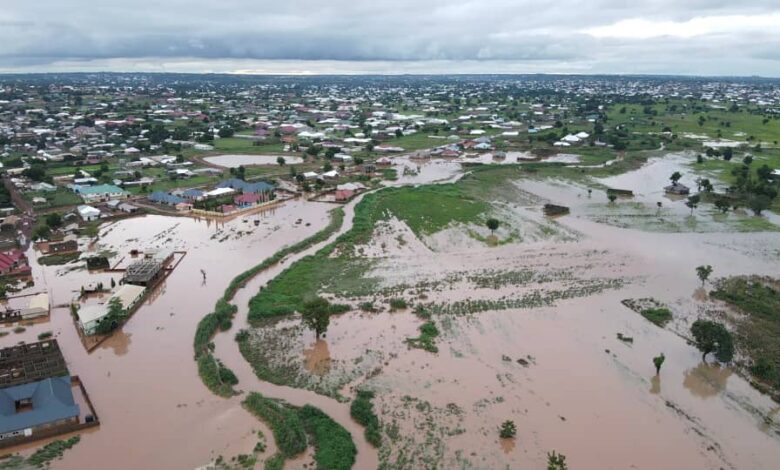
Ghana has secured a major $70 million climate adaptation package to build resilience in its most climate-vulnerable regions, following approval from the Green Climate Fund (GCF).
Spearheaded by the United Nations Environment Programme (UNEP) and implemented locally by the Environmental Protection Agency and Ghana Meteorological Agency, the project is the largest of three GCF-funded initiatives also covering the Maldives and Mauritania.
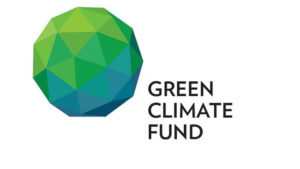
Of the total package, $63 million is a direct grant from the GCF. The Ghana project aims to support 120 rural communities across the North East, Upper East, and Upper West Regions — areas increasingly impacted by erratic rainfall, extended droughts, and seasonal flooding.
Targeted Climate Solutions for Rural Livelihoods
The initiative focuses on transforming local agroecosystems and improving food security for over 619,000 direct beneficiaries. It also plans to extend early warning alerts to 2.9 million people nationwide. Key interventions include:
-
Restoring 28,000 hectares of degraded land to enhance soil quality and manage flood risks
-
Installing water storage systems to support year-round farming
-
Enhancing access to climate information and early warning systems
-
Promoting resilient farming practices for an estimated 120,000 food-insecure individuals
“This is an investment in people, land, and local economies,” said Henry Gonzalez, Chief Investment Officer of the GCF. “Ghana’s leadership in defining tailored, community-driven climate action is a model for West Africa.”
UNEP and Ghana Partner for Locally Led Action
Martin Krause, UNEP’s Director of Climate Change, praised the initiative’s design, emphasizing its alignment with Ghana’s National Adaptation Plan and the Sustainable Development Goals (SDGs).
“These are not top-down solutions,” Krause said. “They reflect UNEP’s commitment to working alongside national agencies and vulnerable communities to deliver scalable, science-backed resilience.”
Global Context and Regional Relevance
While Ghana’s project focuses on inland climate resilience, the Maldives will use $25 million to protect against sea-level rise and coastal hazards, and Mauritania will use $33 million to combat desertification and bolster food systems in line with the Great Green Wall initiative.
The Ghana project, however, stands out for its scale and scope — offering a blueprint for nature-based, cross-sectoral solutions that address both climate and development priorities.
A Step Toward Climate Justice and Green Growth
As Ghana continues to grapple with the compounding threats of food insecurity, land degradation, and unpredictable weather patterns, the GCF funding arrives at a critical moment. It reaffirms international confidence in Ghana’s climate governance and its potential to lead a regional green transition.
With implementation set to begin soon, the project not only marks a milestone in adaptation finance but also offers hope to rural communities that have long borne the brunt of climate change.
“This is more than a climate project — it’s a national development opportunity,” said one official from Ghana’s EPA. “It will leave behind not just infrastructure, but stronger systems, greener jobs, and more resilient livelihoods.”


